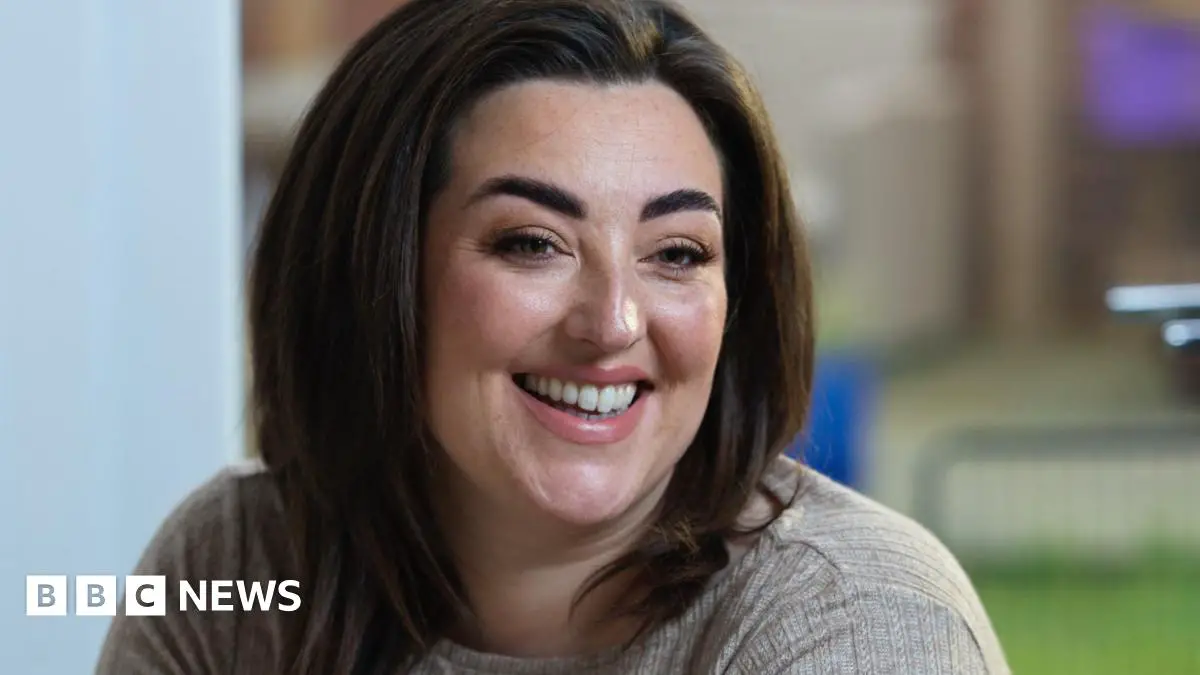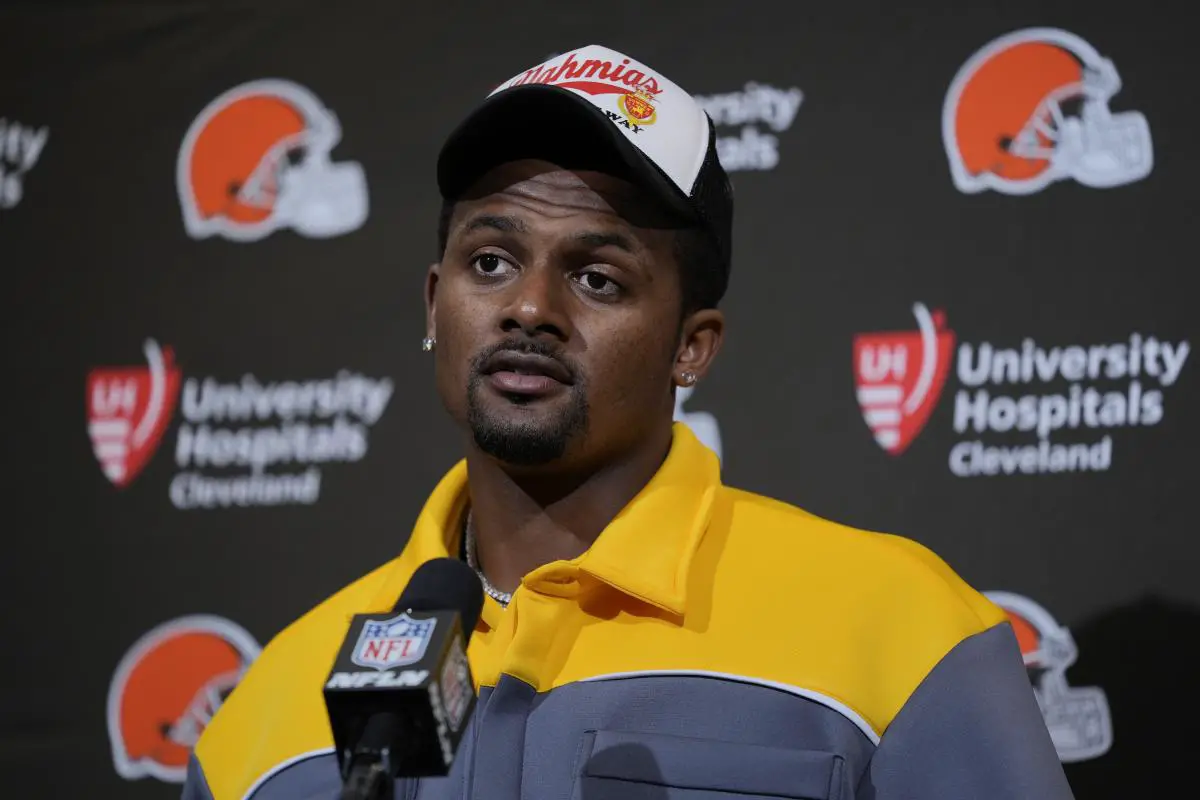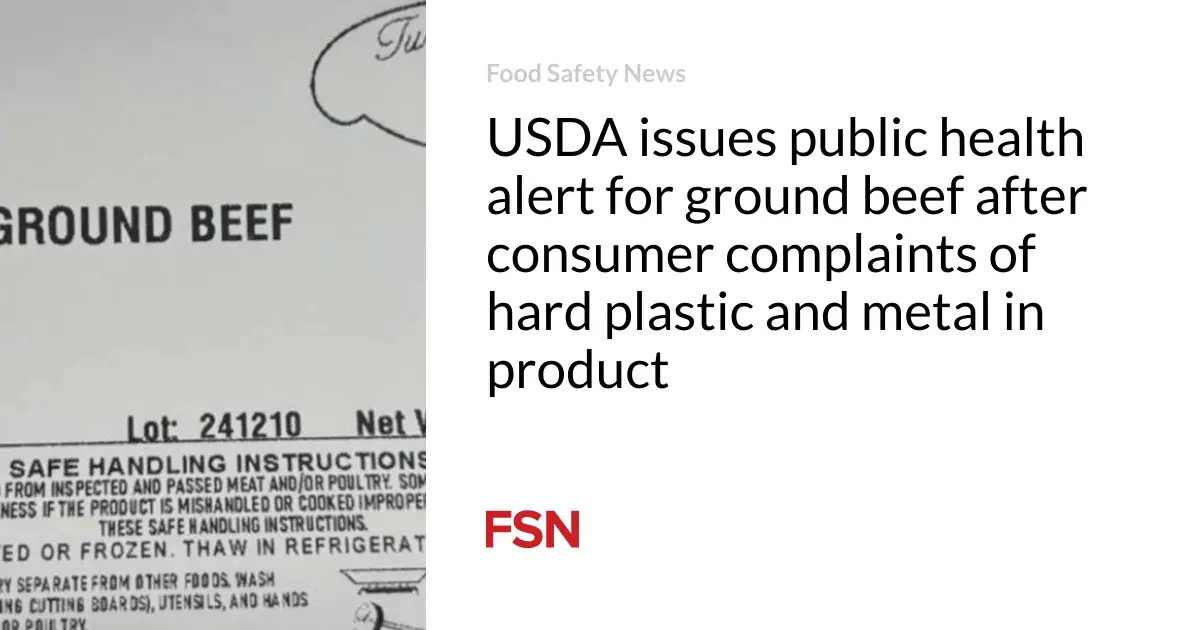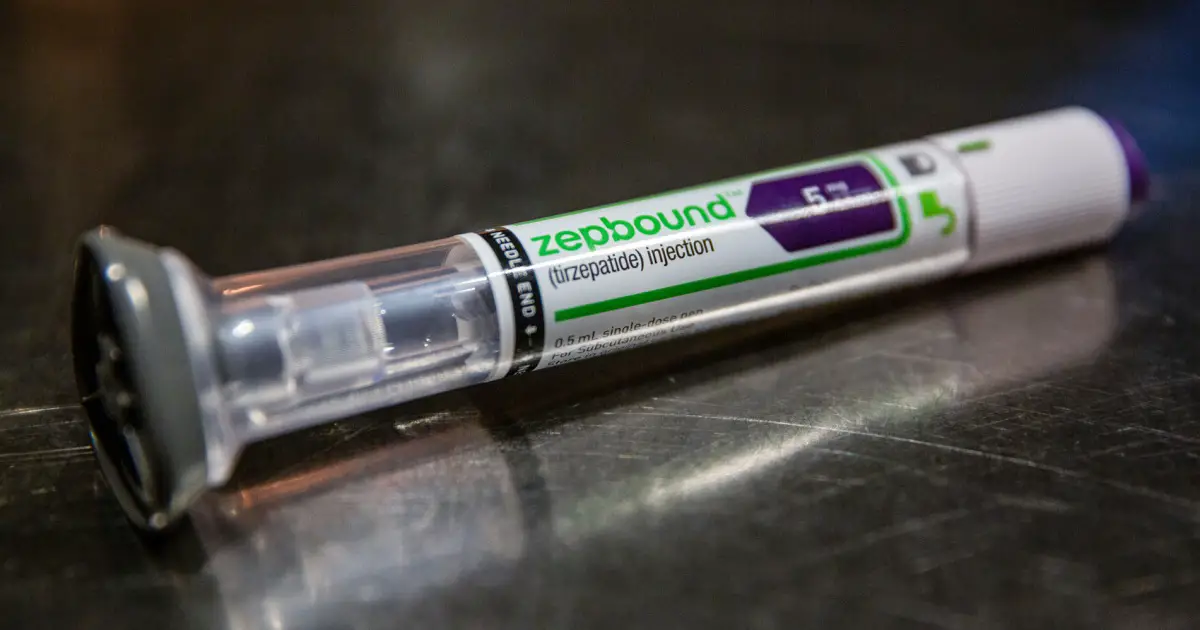
Despite Eli Lilly’s assurances about an ample supply of its new weight loss drug Zepbound, the company is now facing widespread shortages just months after its approval. While the drugmaker is working to resolve the issue, a quick fix is unlikely, it says, with no immediate end to the shortage in sight.
The Food and Drug Administration approved Zepbound in November, introducing a new competitor to Novo Nordisk’s blockbuster weight loss drug Wegovy.
Zepbound officially went into shortage in April, according to the FDA, mere months after Lilly CEO Dave Ricks told NBC News that supply of the drug was not a concern. As of Wednesday, all but one dosage was listed as in “limited availability” through the end of June on the FDA’s website.
Lilly is blaming the shortage on the huge demand for the drug, saying it can’t produce enough to meet everyone’s needs for diabetes and for weight loss. Zepbound is the same drug as the company’s diabetes medication Mounjaro, but rebranded for weight loss. Both contain the active ingredient tirzepatide.
Like Zepbound, all but one dosage of Mounjaro is in shortage, according to the FDA.
“For the near term, we are going to be in this limited availability, which may cause delays across some of the doses for both Mounjaro and Zepbound,” said Rhonda Pacheco, Lilly’s group vice president for diabetes and obesity. “We are working so hard every day to make sure that we increase that capacity as fast as we can to get these medications in patients’ hands.”
It’s unclear when exactly that will be.
To increase supply, Lilly said it plans to open a new manufacturing facility in Concord, North Carolina, by the end of the year, dedicated to making Zepbound and Mounjaro, as well as a similar diabetes drug called Trulicity.
The company declined to share specifics on how much of the medication it expects it will be able to produce. Edgardo Hernandez, who heads global manufacturing at Lilly, said patients can expect to see products from the plant on pharmacy shelves “sometime next year.”
‘Immensely disruptive’
The shortage means people like Amanda Cella, a 37-year-old South Jersey resident, have to scramble to find a pharmacy that still has the drug in stock.
Cella was prescribed Zepbound in February. She may not be able to fill her prescription this month, however.
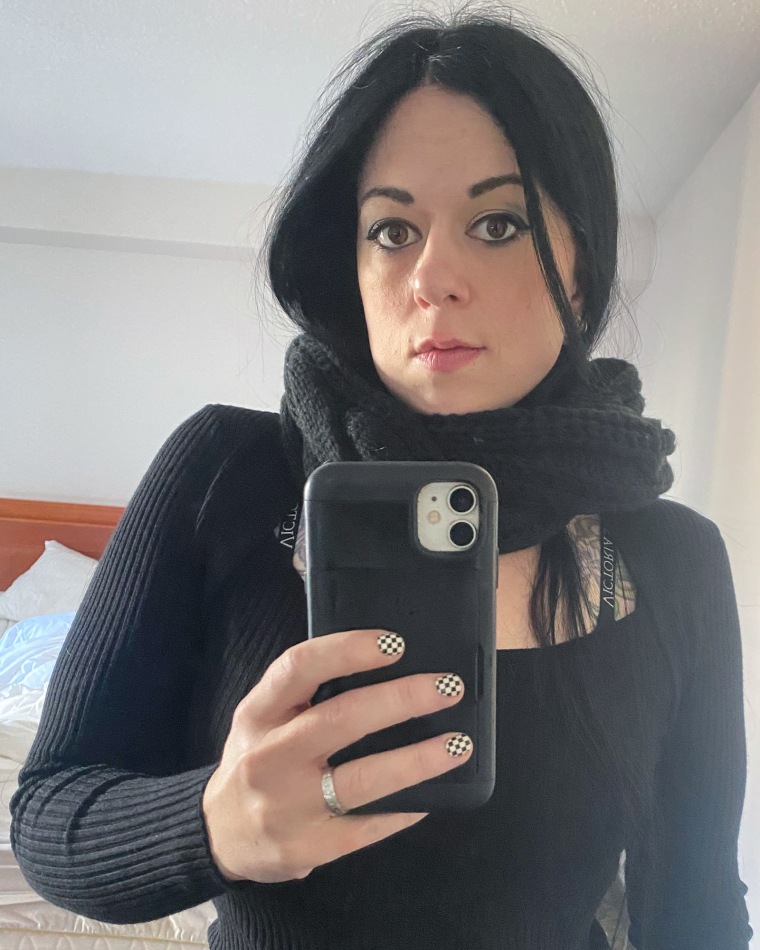
She’s contacted mom-and-pop shops, as well as retail and hospital pharmacies in New Jersey and Philadelphia, but none had the drug.
“I wish I were exaggerating when I say I called every Walmart pharmacy in the state of New Jersey,” she said.
The drug appears to be available on Lilly’s telehealth platform LillyDirect, Cella said, but it’s on backorder and she doesn’t know when it’ll ship. She said she has enough doses to cover a few more weeks, but if she can’t find more, she’ll consider getting the drug from a compound pharmacy, which can come with risks like incorrect dosing or contamination.
“It’s very frustrating,” Cella said.
Dr. Christopher McGowan, a gastroenterologist who runs a weight loss clinic in Cary, North Carolina, said that patients who miss more than two weeks of a weight loss drug may be forced to start their treatment over again at the lowest dose and then gradually increase over several weeks, in order to reacclimate to the side effects.
Starting over can be “immensely disruptive” and “demoralizing” for patients who have successfully lost weight on the drugs, he said.
“For one, it is stressful for the patient, who may have to scramble and hunt for a pharmacy that stocks their dose,” he said. “Likewise, it’s time-consuming for clinicians and medical teams to assist.”
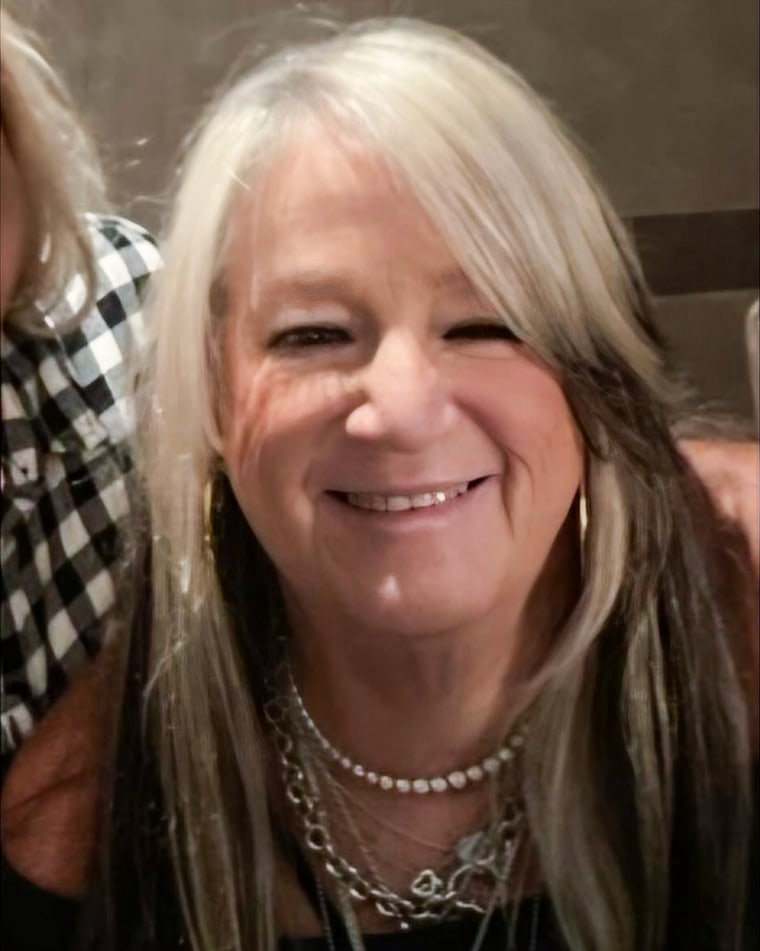
What’s more, abruptly stopping a weight loss drug could put patients at risk of weight gain, McGowan said. “Many patients will report a rise in hunger after missing only one or two doses of medication,” he said.
Debbie Foley, 56, of Los Angeles, said her hunger levels have gone up since she’s had to lower her dosage of Mounjaro over the past two months, unable to fill her usual prescription. She’s been taking the drug for both diabetes and weight loss.
“It’s been a great drug,” Foley said. “I know that people know that and that’s why everybody wants it, but hate when they just say, ‘Well, we just can’t manufacture it fast enough.’ Like, what’s the deal?”
‘Be prepared’
Lilly has opted to continue to allow new patients to start on Zepbound, rather than attempting to limit the supply to current users, something that Novo Nordisk did last year at the height of Wegovy’s shortage by restricting the supply of the lowest dose. Limiting this so-called starter dose meant that many new patients could not start treatment with Wegovy.
“We believe that decision is one between a patient and their health care provider,” Pacheco said.
“I always say: Be aware and be prepared,” she said. “When you get put on a treatment like Mounjaro or Zepbound, really making sure that you’re aware of the limited availability.”
Lilly has a website where patients can track supply of the drug.
Still, some doctors have had to switch patients to different drugs because of the shortage.
The latest on weight loss drugs
Dr. Scott Butsch, director of obesity medicine at the Cleveland Clinic, has had patients who couldn’t find Zepbound switch to other weight loss medications, like Wegovy.
There are no strict guidelines for switching between Zepbound and Wegovy, or vice versa, said Butsch, who is currently a principal investigator on a clinical trial for a different Lilly weight loss drug.
Some doctors may have their patient taper off of one medication; others may immediately start them on the new drug, he said. That decision is typically left to the discretion of the doctor.
“Some people felt different. Some people had a decrease in side effects. Other people didn’t feel as well. What we know from switching back and forth is it depends on the person,” he said.
McGowan, who runs the weight loss clinic in North Carolina, switched one of his patients, 38-year-old Kathryn Davies, from Wegovy to Zepbound late last year.
Davies said she had limited success with Wegovy, but Zepbound worked much better.
Then last month, her pharmacy ran out of the drug and told her it didn’t know when it would get it back in stock.
“It’s definitely a bit of a panic moment,” she said. “I’ve struggled for 30 years before I found a solution that really felt like a cure, as long as I kept taking it. So it’s sort of disorienting.”


